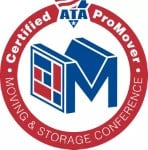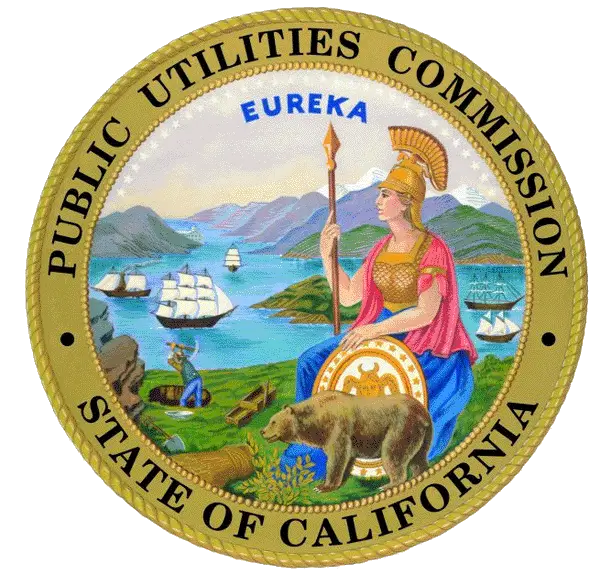24 Apr 2024
How Much to Tip Your Movers?
Using moving services can make relocating much more streamlined, efficient, and relaxing. And like many other services, customers may choose to reward good movers with gratuity. However, we understand...
24 Apr 2024
How Much to Tip Your Movers?
18 Apr 2024
How to Get Rid of Furniture in LA
22 Mar 2024
8 Downsizing Tips for Seniors
13 Mar 2024
Cost of Living in NYC
08 Mar 2024






